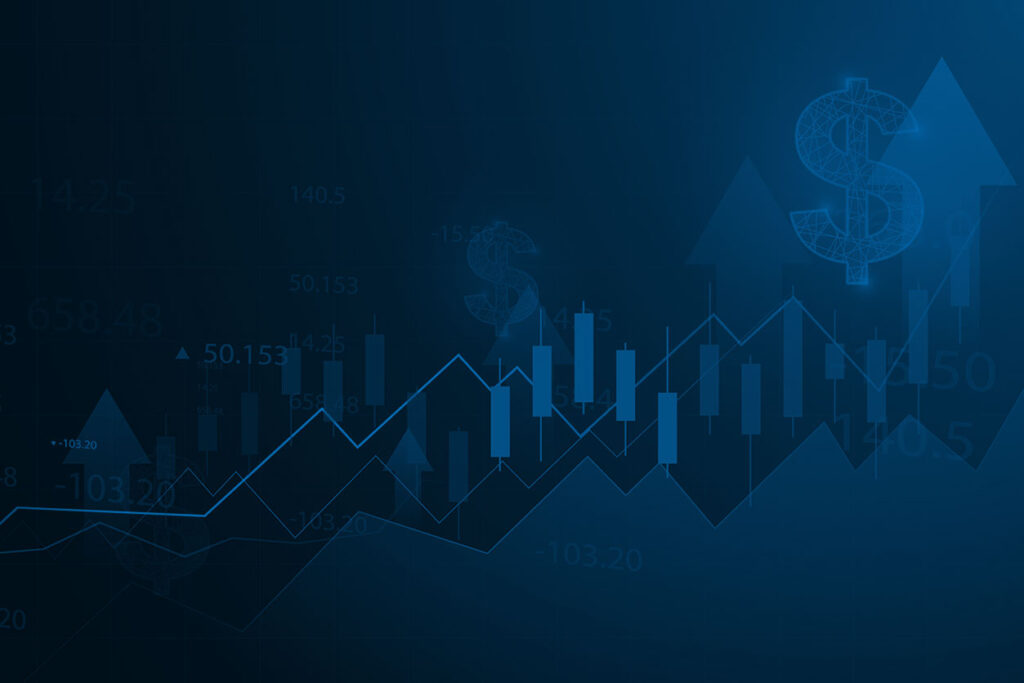What is a Spread?

What is a Spread?
A spread is how brokers make money from each trade. It’s essentially a commission that replaces brokerage fees and charges. In forex trading, a spread is a difference between the buy price (ask) and the sell price (bid) of a security or forex pair. The difference is usually represented in pips.
For the broker to make a profit from its clients or traders, the buy price will always be higher than the sell price. It’s essentially a mark-up so traders are at a loss straight away. If a trader buys a forex pair or financial instrument and sells it immediately, they would be at a small loss. Therefore, tight spreads or smaller margins make it easier for traders to make a profit.
Example:
For example An investor decides to trade the AUD/USD pair because they believe the Australian dollar will rise in value. The trader buys the pair for 0.71058 but the sell price is 0.71045. Before the trader can make a profit, the Australian dollar needs to rise 0.00013 to account for the spread.
What influences the spread of Forex trading?
The size of a spread can be influenced by several factors, with the most important factor being liquidity.
Liquidity
This refers to the volume or the number of traders participating in the buying and selling of a financial instrument. The higher the liquidity, the smaller the spread. Forex pairs or financial instruments with low liquidity are harder to convert to cash, and therefore have a higher spread. Compared to major forex pairs, minor and exotic forex pairs have a larger spread because fewer people are trading them.
Volatility
The size of a spread can also be influenced by volatility and risk. When a market is rapidly increasing or declining, volatility is higher, and therefore the spread is wider. This is because brokers want to take advantage of the big movements, and traders are willing to pay more to trade a fast-moving trend. When volatility is low, the risk is also low and therefore the spread is narrower.
Forex pips and spreads
When trading forex pairs, a spread is determined by the number of pips. The difference in pips between the buy price and the sell price indicates whether a spread is wide or narrow. A pip stands for ‘percentage in point’ and is the smallest unit of change between two currencies. The value of most currencies includes four numbers after a decimal point, with the fourth number being the pip. This excludes the Yen, which only has two numbers after the decimal, and therefore the second number is the pip.
Example:
For example, let’s take the Australian Dollar paired against the United States Dollar. This is represented as AUD/USD. The value of the pair is 0.7092 and therefore the Australian dollar is worth 70.92 U.S. cents. The fourth number in this price point is the pip. So, if the pair moves from 0.7092 to 0.7094, the Australian dollar has risen 2 pips against the USD and is now worth 70.94 U.S. cents.

When trading currency pairs on Meta Trader, there may be five numbers after the decimal point. For example, the AUD/USD will show as 0.70924. The fifth number in this value is known as a fractional pip or a pipette, which is equal to one tenth of a pip. Therefore, the pipette must rise ten times for the pip to move one point.
Why is the spread important?
A spread is important because it allows traders to make an informed decision before opening a position. It also tells traders how many pips the currency needs to move before they can make a profit. A spread determines the overall profit or loss of an active trade.
How to manage and minimise the spread
To minimise the spread, investors should trade during hours of high liquidity, when there are more buyers and sellers in the market. More active traders in the market will increase competition and therefore narrow the spread. Trading major currency pairs such as the EUR/USD over exotic pairs and thinly-traded pairs will also help minimise and manage the spread. Traders should fully understand the value of pips and spread before opening a position. Start trading FX with Eightcap, try our free demo account and gain access to over 200 financial instruments with the award-winning MT4 platform.

